Kabale University Showcases AI Talent at the Deep Learning Indaba 2025 in Kigali
Staff and students from Kabale University are proudly participating in the Deep Learning Indaba 2025, a seven-day conference hosted at the University of Rwanda, Kigali. The Deep Learning Indaba is Africa’s largest annual gathering of the machine learning and artificial intelligence (AI) community, dedicated to advancing learning, teaching, research, and peer collaboration in support of Africa’s growth and prosperity.
This year’s Indaba is being held under the theme “Urunana – Hand in Hand for AI in Africa”, which underscores solidarity, cooperation, and collective responsibility in shaping the future of AI on the continent. The event brings together over 1,000 participants, including academics, researchers, innovators, and students from across Africa.
Kabale University is represented by 10 students, guided by Mr. Mabirizi Vicent (Patron, Kabale University AI Club) and Dr. Katushabe Calorine. The team is actively engaging in poster presentations and demonstrations of AI-driven innovations addressing real-world challenges in healthcare, agriculture, education, and security.
The Kabale University students are showcasing an impressive range of projects, including:
- NeuroMouth++: Giving Voice to the Voiceless – an EMG-based assistive technology developed by Ahmed Umar Khemis and Kiwewa Najib Mugisha (Computer Science, 2nd Year).
- AI for Animal Health – a deep learning model for detecting Foot and Mouth Disease and Lumpy Skin Disease in dairy farms, by Atwebembere Boniface and Kalanzi Charles (Information Technology, 3rd Year).
- Smart Surveillance – a real-time crime detection and notification model for CCTV systems, by Simon Peter Makobe (Computer Science, 3rd Year) and Nambatya Swabrah (Information Technology, 3rd Year).
- Smart Agriculture – an automated soil testing system for crop suitability in Southwestern Uganda, by Nasasira Epaphras and Arinaitwe Rebecca (Information Technology, 3rd Year).
- AI in Education – a model for detecting learner engagement in classrooms using brain wave signals, by Aliho Gilbert (Information Technology, 3rd Year).
- Maternal Health Innovation – predictive modeling for maternal risk detection using real-time physiological data, by Ssemwanga Akram (Information Technology, 3rd Year).
Kabale University staff are also playing a central role in the Indaba:
- Dr. Katushabe Calorine is presenting findings from her study titled “A Natural Language Processing Powered Chatbot for Mental Health Support in Higher Education Institutions in Uganda.”
- Mr. Mabirizi Vicent is disseminating research on “A Multimodal Convolutional Neural Network-Based Model for Processing DICOM Files.”
The Deep Learning Indaba, which has previously been hosted in South Africa, Kenya, Tunisia, Ghana, and Senegal, continues to serve as a catalyst for nurturing African talent in AI. It provides opportunities for mentorship, skill development, research collaborations, and networking between academia, industry, and policymakers.
By participating in this prestigious conference, Kabale University reaffirms its commitment to advancing cutting-edge research and equipping its students with the skills and knowledge to contribute meaningfully to Africa’s digital transformation.
Discover more from Kabale University News
Subscribe to get the latest posts sent to your email.


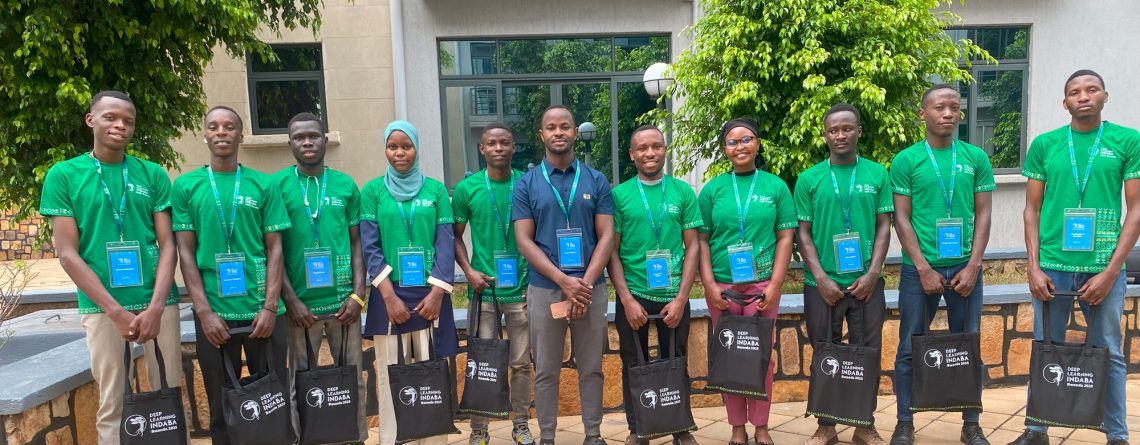
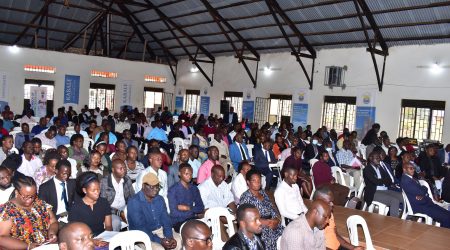
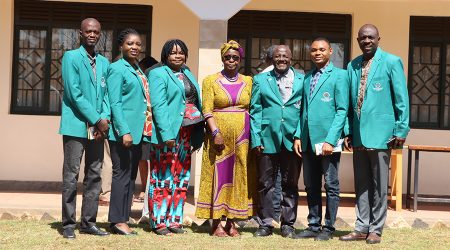

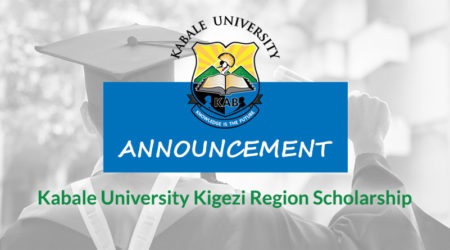
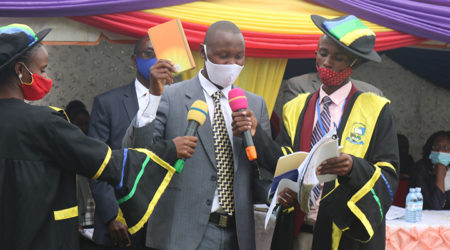
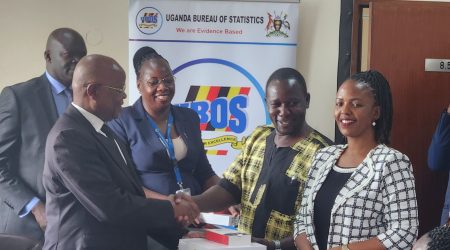
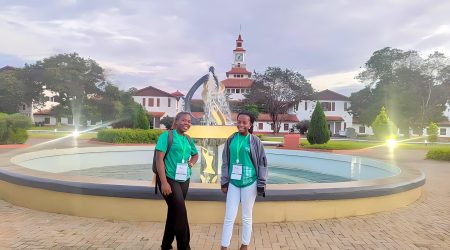
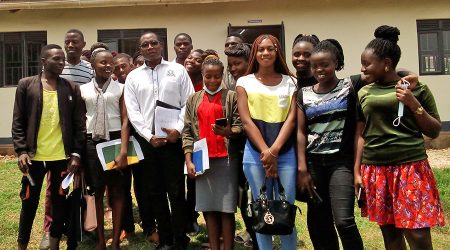
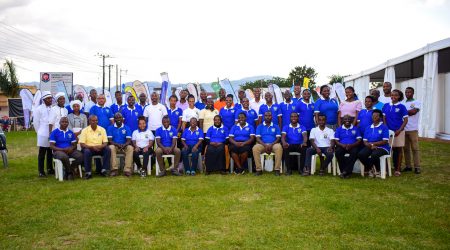
Leave a Reply